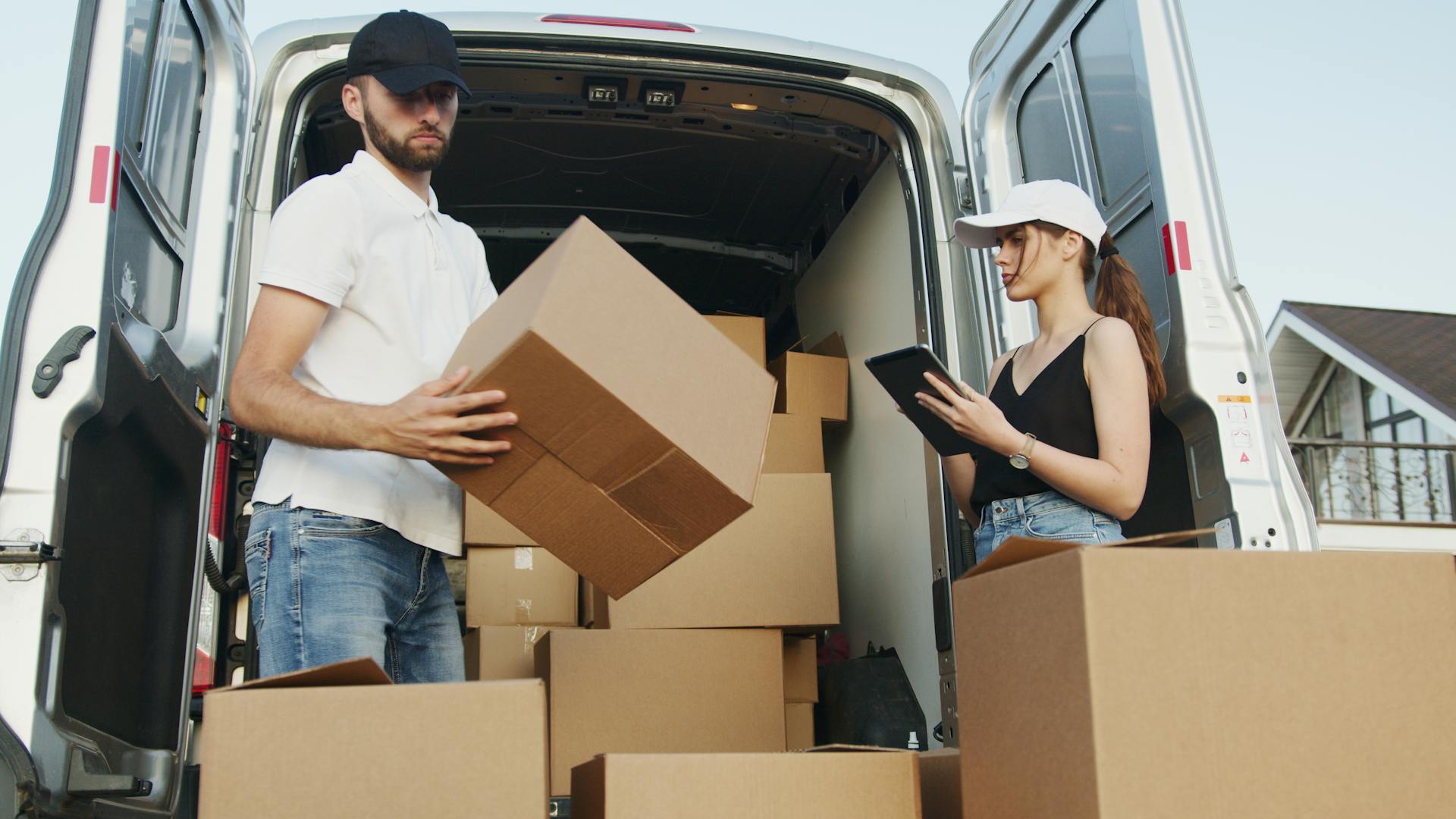Preparing for a move is a complex task that requires thoughtful planning and execution. By starting the process early, individuals can significantly reduce the stress associated with moving day. A methodical approach to packing and organizing items will streamline the entire process. Creating a detailed checklist is a crucial step, as it allows for a clear overview of what needs to be accomplished and by when. Adherence to a well-structured plan parallels a successful move.
Packing is often the most time-consuming part of preparing for movers. It’s important to begin packing non-essential items as soon as possible. By systematically boxing up items room by room, people can ensure that nothing is overlooked. Labeling boxes with their contents and the room they belong to makes for an efficient move and ease of unpacking.
On the day of the move, having everything ready for the movers can save time and money. It’s vital that walkways and doorways are clear to provide unobstructed access for the moving team. Establishing a clear communication channel with the movers ensures that any special instructions or concerns are addressed promptly, facilitating a smooth transition to the new location.
Planning and Preparing for Your Move
Efficient move preparation requires meticulous planning, resource gathering, and coordination with reliable moving professionals. Ensuring that each stage of your move is seamless, from obtaining the right materials to adjusting to a new environment, is paramount.
Gathering Necessary Supplies
To start, acquire all necessary packing supplies including moving boxes, bubble wrap, tape, and markers. Moving professionals like Jackson Movers & Storage may provide these items. Making inventory lists and labeling each box will aid in keeping track of belongings.
Sorting and Purging Belongings
Go through each room to sort and purge belongings that are no longer needed. Donate unwanted items, organize a garage sale, or use online platforms to sell them. This step not only lightens the load but also could reduce moving costs.
Organizing and Packing Strategies
Utilize packing tips and strategies for efficient packing such as categorizing items and packing room by room. Keep important documents, small valuables, and essentials accessible. Fragile and heavy items like furniture and appliances require special attention to prevent damage.
Hiring the Right Moving Company
Choose a trustworthy mover like Jackson Movers & Storage by checking customer reviews, verifying credentials, and obtaining detailed moving estimates. Ensure they offer comprehensive services tailored to your needs, from packing to unpacking.
Special Considerations
Plan for pets, children, and plants by arranging a pet sitter, setting aside kid-friendly activities, and understanding how best to transport sensitive plants. Inform important parties such as the bank, utilities providers, and your landlord of your impending move.
Finalizing Pre-Move Tasks
Submit a change of address, and notify schools, gym, and neighbors. Schedule utilities for disconnection at your old home and connection at the new one. If you have outstanding loans or are awaiting important mail, inform your bank in advance.
Preparing for Moving Day
Secure a day off work, look up weather forecasts, and communicate with neighbors about the move date. Plan for moving day by packing a personal essentials bag, ensuring you have cleaning supplies, and performing a final walk-through.
Additional Moving Services
Investigate additional services like packing, cleaning, or storage unit facilities. These services may be sourced from your moving company or other providers, depending on your needs, budget, and moving timeline.
Logistics and Transport
For transport logistics, arrange for a moving truck, moving container, or check with a truck rental company or PODS for DIY options. Confirm all delivery day and shipment details, including transit times and the interim storage of goods if required.
Post-Move Essentials
Upon arrival, first set up essential utilities like water and power, and plan for unpacking and furniture arrangement. Initiate the transfer of local records, and explore your new community to adjust to the new environment.
Dealing with Unforeseen Issues
Anticipate potential issues with damages or delays. Keep contact information for your moving company’s customer service close by and familiarize yourself with their claims process.
Adjusting to the New Environment
Settle into your new home by engaging with neighbors and joining community activities. Acknowledge any cultural norms and local laws, and facilitate school or job transitions as needed.
Financial Considerations
Create a detailed moving budget, and keep cash on hand for on-the-spot expenses. Be aware of potential tax deductions for moving expenses and handle any bills and deposits promptly with the necessary institutions.
Regulatory Requirements
Investigate any moving permits, zoning regulations, or community-specific rules. Moreover, understand which items are prohibited for transport, such as hazardous materials like propane.
Safety and Security
Take great care to secure your belongings during the move. If you’re using a storage unit, make sure it’s in a secure location and consider insurance options for high-value items.
DIY Moving Vs. Professional Help
Weigh the pros and cons of a DIY move versus hiring professional movers. DIY can be cost-effective but stressful, while professionals offer expertise and convenience.
Leveraging Technology
Use moving apps and online resources to track your inventory, access digital checklists, and manage your moving timeline. Technology can streamline the moving process and keep important information at your fingertips.
Health and Well-being During a Move
During the move, prioritize rest, hydration, and healthy eating to maintain your health and well-being. Stress can be mitigated by staying organized and allowing time for adequate breaks.

